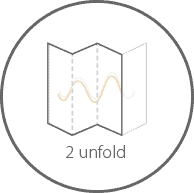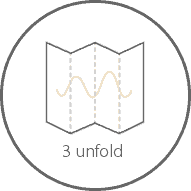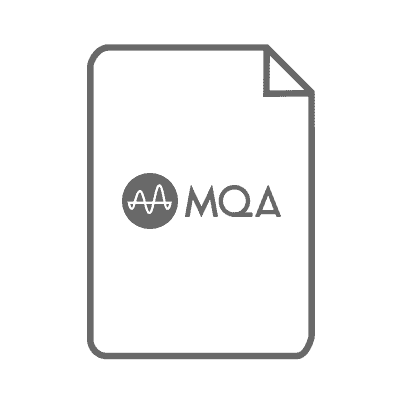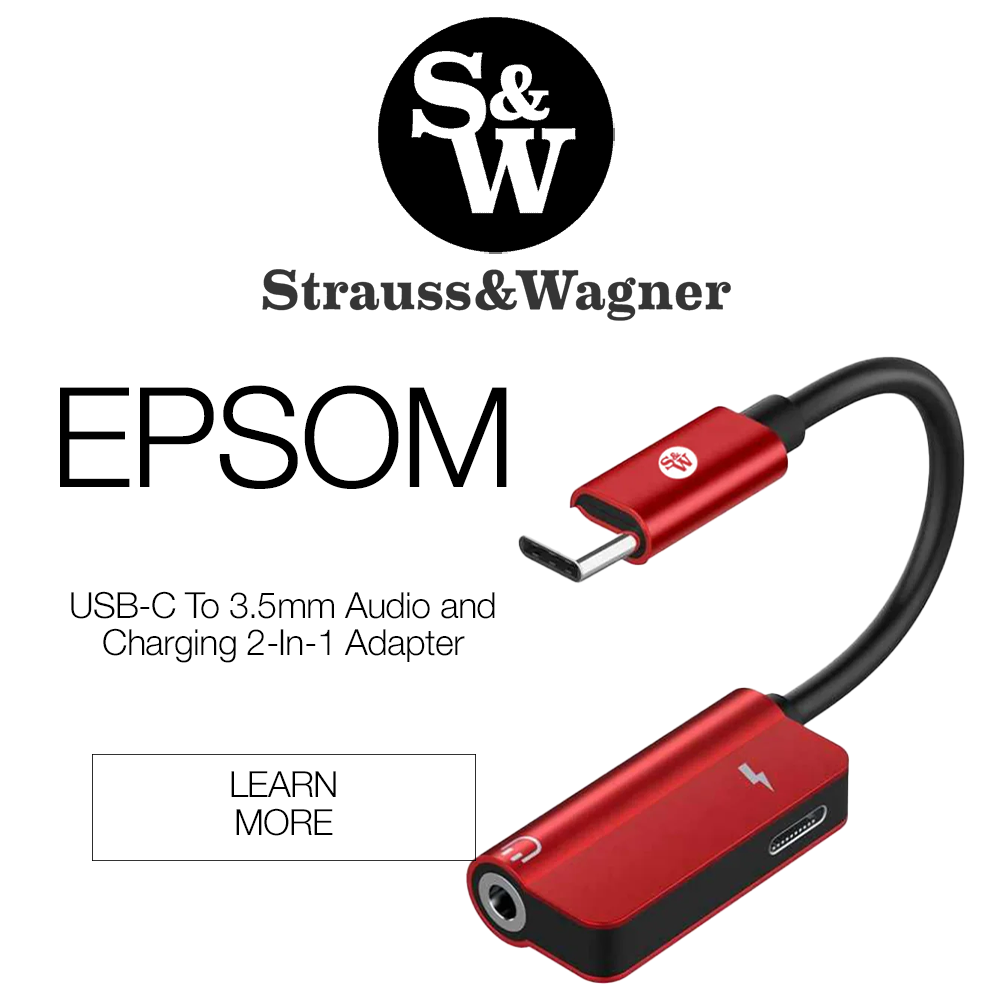You may have started hearing the acronym MQA thrown in amongst other codecs like FLAC, ALAC, WAV, AAC, and so on. Our “What is MQA Explained” article is going to give you a quick crash course on the emerging codec and how to use it.
What is MQA Explained!
MQA stands for Master Quality Authenticated. It is a relatively new audio codec that presents music exactly the way the artist intended. And while you may not be ready to drink the kool-aid, know this, the word authenticated isn’t thrown in just for looks.
What is MQA – History
MQA was developed in 2014 by Bob Stuart of Meridian Audio, the high-performance audio solutions maker. The technology is now on its own as MQA Ltd. The technology was designed to deliver the absolute best in music playback as long as the best isn’t anything less than the artist’s own seal of approval. Yep, that’s right. Authenticated means this codec actually produces music the way the artist intended because they’ve listened and approved it. So cool!
What is MQA – What does MQA do?
MQA “captures 100% of the performance” instead of 10% like MP3s, according to MQA. That’s because codecs like MP3 are compressed by removing tiny snippets of the music in order to truncate the file. That makes it smaller and quicker to process. FLAC files are considered lossless and allow for the minimal amount of loss. These types of files are very big and harder to stream, but they deliver amazing quality. MQA, doesn’t remove tiny bits of music. Rather, this technology performs what is called “music origami” by folding the file which retains all the music.
What is MQA – How Does It Work?
This format features a few different levels which affect how the file is accessed and by what devices.

MQA Code Decoder is able to unfold a single fold. This method provides better than CD-like quality. This type of MQA is used in TIDAL Masters which allows users to stream the high-quality music files via desktop. These types of files are supported on Bluesound, Pioneer and Onkyo players. The first unfold recovers all the direct music-related information and it is at an output is 88.2kHz or 96kHz. MQA is harbored inside a lossless container such as FLAC or WAV.

MQA Renderer is able to complete the unfold by either by double unfold and triple unfold. MQA Renderers are supported on various portable DACs and headphones with AudioQuest DragonFly Black and Red. This would work in conjunction with an MQA Core signal to be able to complete the unfold.

MQA Full Decoder completes the unfold at the highest possible sound quality. This is the level where you’ll get to hear playback as the artist created it in the studio via “precise file and platform specific DAC compensation and management,” adds MQA.
MAJORHIFI may receive commissions from retail offers.








